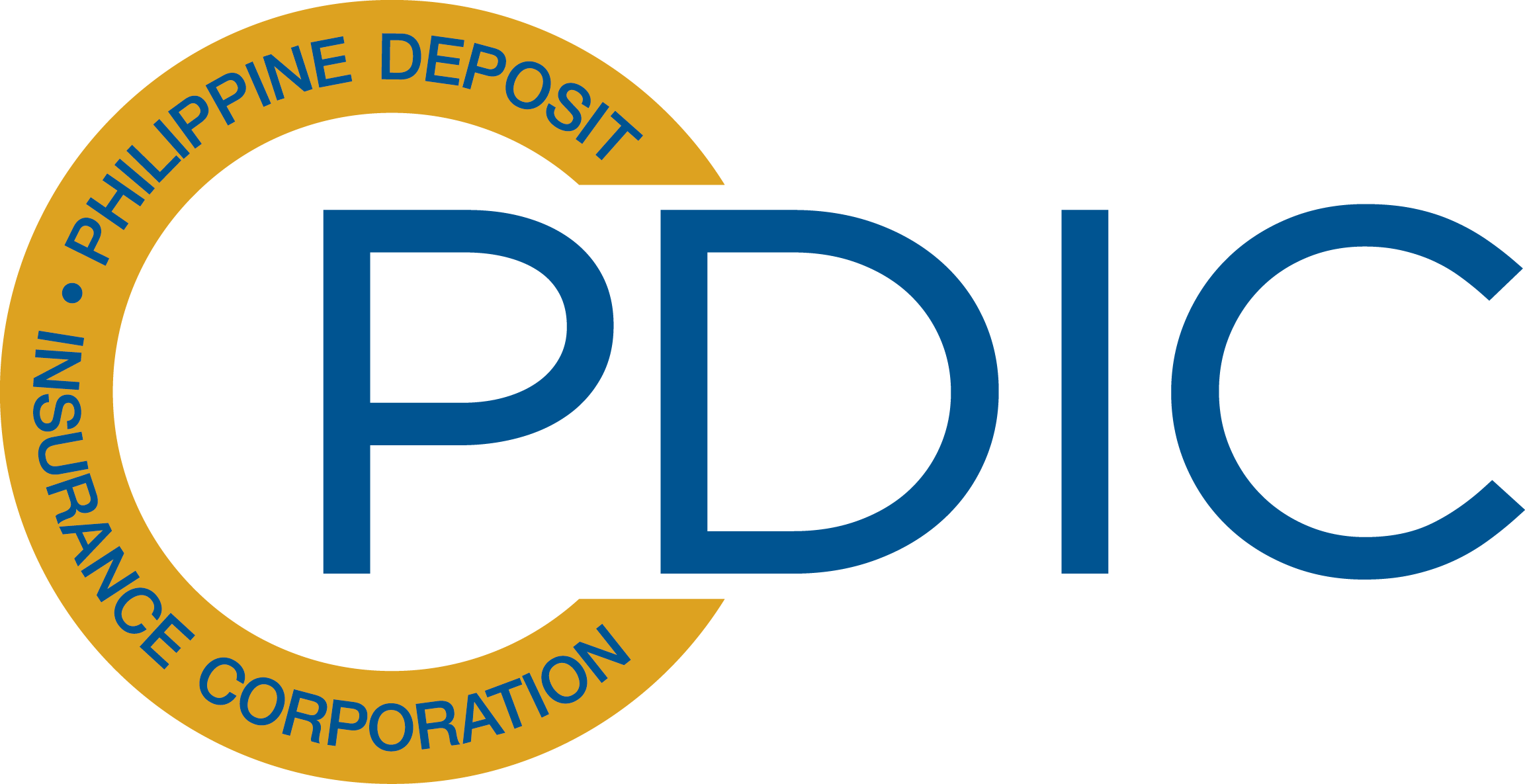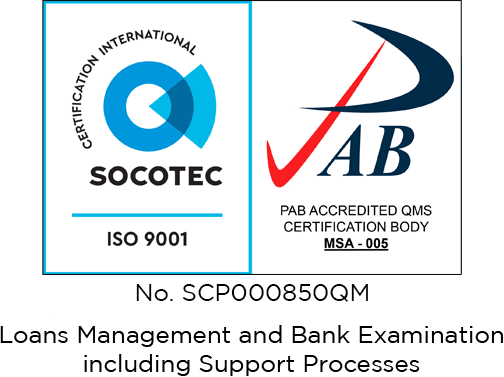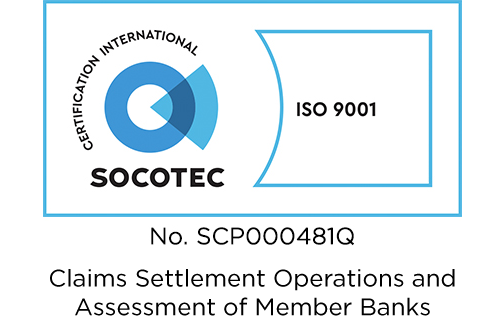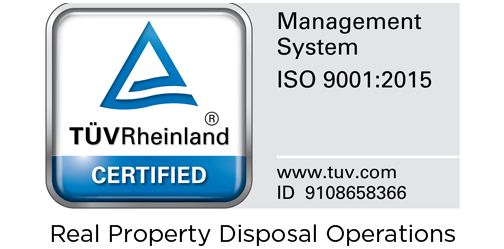| ARCHIVE |
Core Values By Valentin A. Araneta1 FINEX Director |
VALUES are a set of beliefs which determine human behavior individually, towards the family, other people and society. Values have a certain order or hierarchy. Even going as far back as the old testament of the Bible, we can see examples of the order of values as well as the clash of values. One good example of the order of values is the love and obedience of Abraham to God and his love for his only son Isaac. He was willing to sacrifice his only son to honor God, implying that his obedience to God was of a higher value than his love for his son. The old and new testaments of the Bible are also filled with stories of martyrdom showing that values of Faith being of a higher value than the value of life for the martyrs. One could say that human history and values are inexorably intertwined. In fact differences in values and the clash of values among societies and nations have been at the core and dynamics of human history. The clashes between the cultures of hunters and farmers and between nomadic tribes and settlements continue in the present as clashes due to economic and ideological expansions and religious conflicts. Organizations in society have reflected values that have been defining points in their success as organizations or contributions to society. For military organizations, the values of discipline, loyalty and esprit de corps have oftentimes led to military success in spite of the odds being heavily against them. Another good example is the value of the religious monks in the middle ages that inspired them to write and preserve knowledge before the invention of the printing press. This value of knowledge and the desire to share that knowledge to posterity has allowed us to know much more about human history and with greater accuracy than would have been possible without them. It is not surprising that organizations including business organizations would establish and articulate values that the founders and leaders believe should define the internal and external behavior of the organization and lead to the attainment of its objectives. These are the core values that are basic to organizations. Let us visit the core values of some well known organizations.
It may be noted that the above-mentioned core values could very well be the core values of other organizations with the exception of Courage or Bravery which would be typical of military or police organizations. Other well used core values include: Professionalism, Customer Focus, Innovative Focus, and Accountability. The most important point for the core values of an organization is that the expressed core values are espoused and lived by the members of the organization like a code of conduct. The term “living the values” of the organization brings to mind ball teams that are not the strongest in the league in terms of individual talent. However, due to the core values of discipline, teamwork, and sportsmanship, such teams are able to make up through the core values what they lack in talent and are able to win against teams that have more individual talents. Another important point is that core values must be relevant to the objectives of the organization. A very good and topical issue would be the values espoused by Pope Francis in the context of the core values that obtain in the Roman Curia of the Holy See which is the administrative apparatus of the Catholic Church. Pope Francis is espousing priority for the evangelization work of the Catholic Church and the upliftment of the poor. His advocacies reflect values that seem to challenge set ways in the Roman Curia such as over concern with dogma and concerns with what is allowed and what is not allowed by the Catholic Church. Thus we see a very interesting development of what could be the re-ordering of the core values of one of the biggest and most powerful organizations in the world. The articulation of an organization’s core values are quite essential for the organization and its members in order to know itself and what it stands for. It enables the membership to identify and relate to the organization and how the organization relates to its stakeholders and to the world. An organization’s core values, therefore, should be livable and not too many. The successful organizations live and practice passionately their expressed core values. Click here to see original article ____________________________ 1The article of Mr. Valentin A. Araneta appeared in the Special Supplement Feature on the induction of officers of the Financial Executives of the Philippines (FINEX) for 2014 by Businessworld on January 15, 2014. Mr. Araneta is a Director of FINEX. |
back |
This website uses information-gathering tools including cookies and other similar technology. Data generated are not shared with any other party. For more information, please refer to our privacy policy.
 PDIC is a government instrumentality created in 1963
PDIC is a government instrumentality created in 1963by virtue of Republic Act 3591, as amended, to insure
the deposits of all banks. PDIC exists to protect
depositors by providing deposit insurance coverage for the depositing public and help promote financial stability. PDIC is an attached agency of the Bangko Sentral ng Pilipinas.

Questions? Need Help?
Click Frequently Asked Questions
Trunkline.: (632) 8841-4000
Hotline: (632) 8841-4141
(for Metro Manila clients)
Fax No.: (632) 8841-4085
Email: pad@pdic.gov.ph
Client outside Metro Manila may call
Toll Free: 1-800-1-888-7342 or
1-800-1-888-PDIC

.png?Tuesday; April 23, 2024)

Hotline: (632) 8841-4141
(for Metro Manila clients)
Fax No.: (632) 8841-4085
Email: pad@pdic.gov.ph
Client outside Metro Manila may call
Toll Free: 1-800-1-888-7342 or
1-800-1-888-PDIC

.jpeg)
.png)


